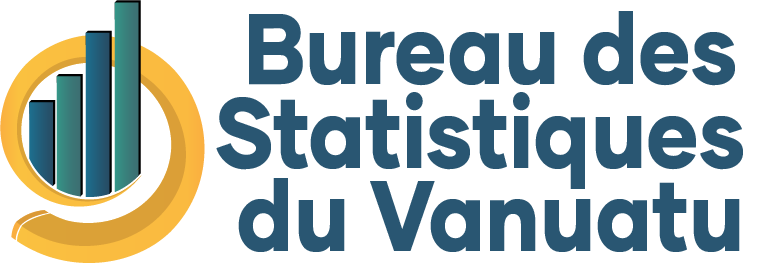The "Statistical Development Plan for Vanuatu Disaster-Related Statistics 2024–2028" outlines a comprehensive strategy to enhance the collection, coordination, and dissemination of disaster-related statistics in Vanuatu. Given Vanuatu's high vulnerability to natural disasters, the plan aims to support effective disaster risk management and climate change adaptation through robust statistical data.
Key elements of the plan include:
- Legal Framework: The plan is anchored in the Statistics Act 2022, which mandates the Vanuatu Bureau of Statistics (VBOS) to coordinate the production and dissemination of official statistics, including disaster-related data.
- Institutional Arrangements: It emphasizes collaboration among various agencies, including the National Disaster Management Office (NDMO), the Ministry of Climate Change and Adaptation (MCCA), and the Department of Strategic Policy, Planning, and Aid Coordination (DSPPAC).
- Data Collection and Dissemination: The plan proposes the development of a minimum set of disaster-related statistics, covering human impacts, hazard exposure, and infrastructure damage. It also includes the creation of a multi-agency Disaster Statistics Technical Committee to coordinate data needs and improve data quality and accessibility.
- International Standards: The plan aligns with international frameworks like the Sendai Framework for Disaster Risk Reduction and the Sustainable Development Goals (SDGs), utilizing the Disaster-Related Statistics Framework (DRSF) developed by UN ESCAP.
- Capacity Building and Technology: It includes initiatives for capacity building, the development of a management information system, and the use of machine learning to enhance data analysis and reporting.
Overall, the plan aims to provide timely, accurate, and comprehensive disaster-related statistics to support decision-making, policy development, and disaster risk reduction efforts in Vanuatu.


